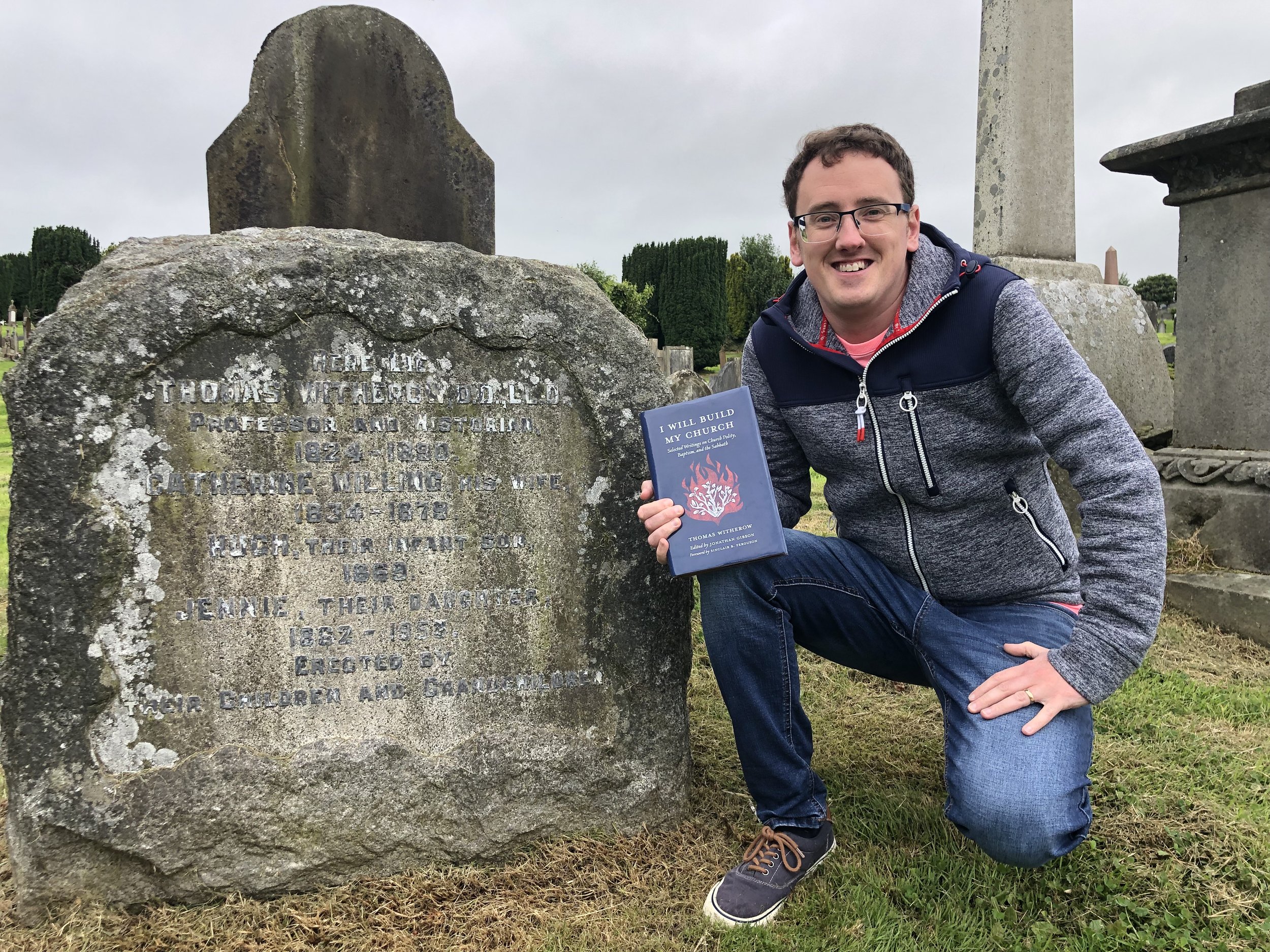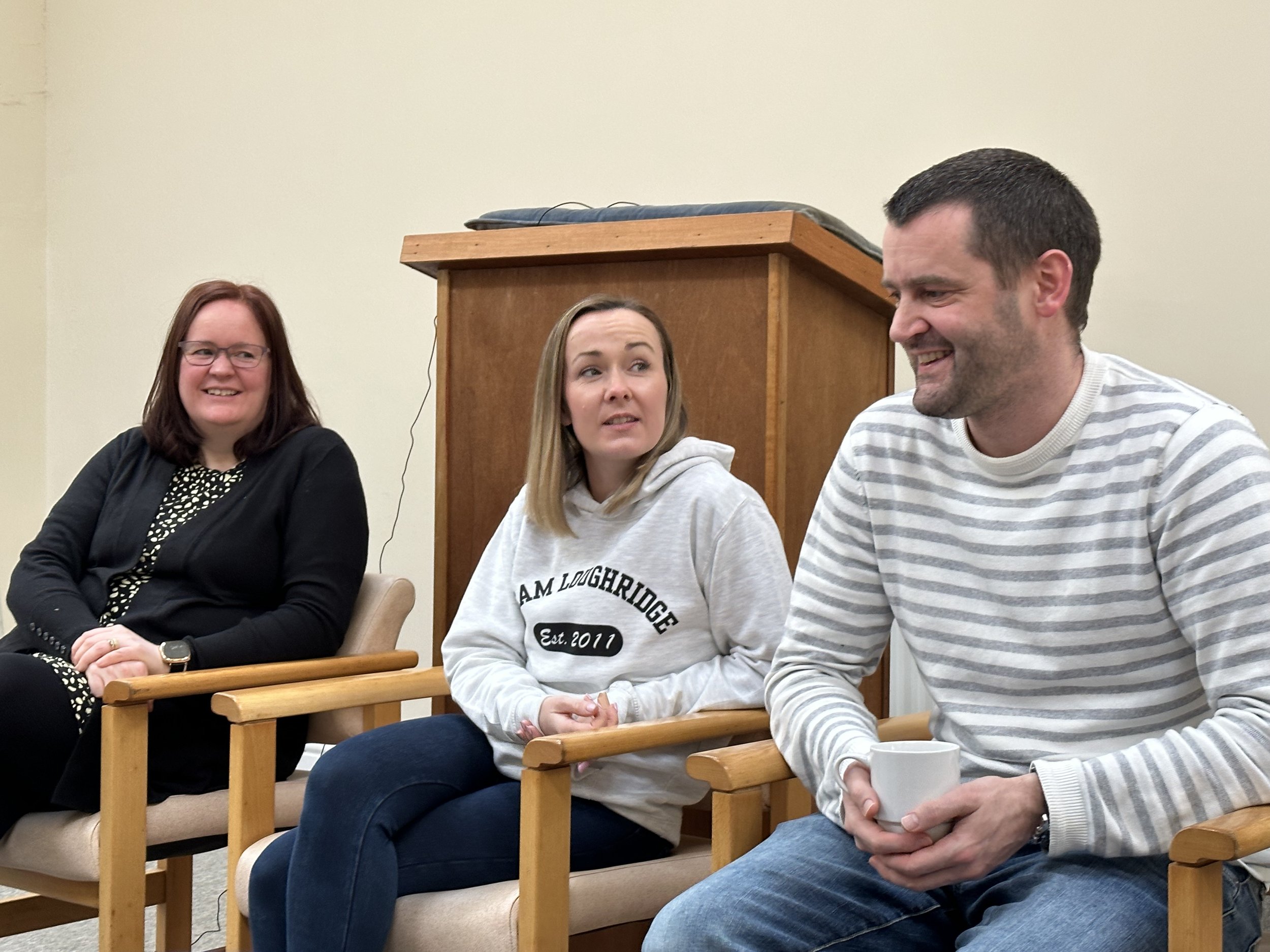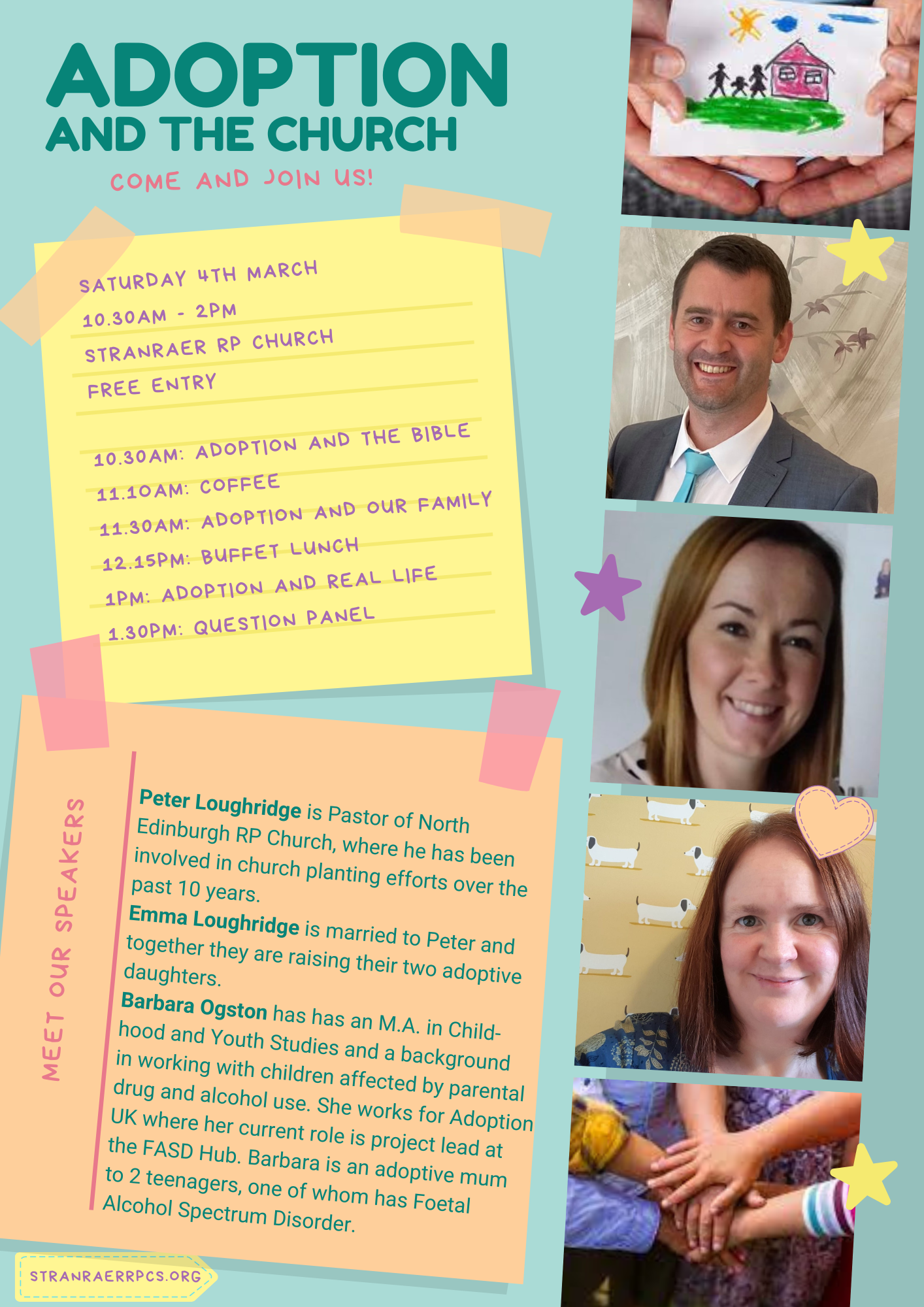A man the same age as me is the new First Minister of Scotland. Politicians, like policemen, are getting younger. It was the result that the SNP hierarchy wanted, but I can’t say I’m thrilled by it.
Some might think that is because I write as a Christian and Humza Yousaf is a Muslim. Many Christians, however, would be more enthusiastic about Mr Yousaf, if like Kate Forbes, his faith shaped his politics more rather than less! Forbes, in line with her faith, was open about her opposition to same-sex marriage. Yousaf supports it, despite skipping the vote on it due to ‘pressure from the mosque’ (according to former Health Secretary Alex Neil). Concern among Christians about Mr Yousaf is not about his faith but that he is the continuity candidate – pushing the exact same ‘progressive’ social agenda as Nicola Sturgeon.
Bible-believing Christians will argue that this is not good news for the country, but from a political perspective, it is not even good news for the SNP. Unionists feared Forbes but welcome Yousaf. Many commentators believe that the issue which finally brought an end to Nicola Sturgeon’s reign was, to quote the Times, ‘her government’s sending a male rapist to a female prison because he said he was a woman’. Sturgeon repeatedly refused to answer the question of whether Isla Bryson was a man or a woman, because Scotland’s Gender Recognition Reform (GRR) Bill allows for self-identification. Yousaf was the only candidate who vowed to plough on with challenging the UK Government’s veto of the GRR Bill. When asked the question that stumped Sturgeon, Yousaf said, ‘I don't believe Isla Bryson is truly, and genuinely, a trans woman’. As the SNP’s own Joanna Cherry pointed out, merely to say this would be be ‘transphobic’ in terms of the definition of transphobia adopted by the party’s National Executive Committee, and potentially open Yousaf up to a charge of hate speech under his own Hate Crime Bill. Incidentally, former SNP deputy leader Jim Sillars has described that last Bill as ‘one of the most pernicious and dangerous pieces of legislation ever produced by any government in modern times in any part of the United Kingdom’. One of the most extradentary revelations of the leadership contest was the SNP being forced to admit (despite their previous denials) that while pursuing these issues, they had lost 32,000 members in two years. Surely it is significant that the two leadership candidates who were critical of gender ideology received over 50% of the first preference votes.
One issue which largely flew under the radar during the leadership contest was that of abortion. On paper, Christians and Muslims generally agree that abortion is wrong as it is the taking of a human life. Mr Yousaf, however, has promised to bring forward proposals to decriminalise abortion in the ‘current parliament term’. This would mean introducing abortion on demand, for any reason, up to birth in Scotland. Polling from Savanta ComRes on whether time limits for abortion should be increased showed that only one per cent of British women wanted the time limit to be extended to more than 24 weeks and one per cent wanted it to be increased right through to birth, in contrast to 70 per cent of women who favoured a reduction in time limits. The change would position Scotland drastically away from the European Union, where the most common abortion time limit among EU countries is 12 weeks. Premature babies can survive outside the womb at a younger age than the current UK abortion limit – removing that limit altogether is hardly the mark of a compassionate society.
Where does all this leave us? Surely it highlights that the diversity our society values has severe limits. It would be hard to make a case that gaffe-prone Yousaf has demonstrated much political competency in his previous roles. Crucially, however, he is committed to the progressive agenda of his predecessor. The closeness of the final vote, despite the demonisation of Forbes at the beginning of her campaign – not to mention the dramatic fall in SNP membership – suggests that people are ready for change.
The greatest change we need however is not political. What we need most of all is someone who can tell us why we’re here, what’s wrong with the world, and what human flourishing really looks like. The only one who can do that is God himself. Every politician will ultimately disappoint us because none of them are the Messiah. He has already come, and his name is Jesus.
Published in the Stranraer & Wigtownshire Free Press, 30th March 2023








